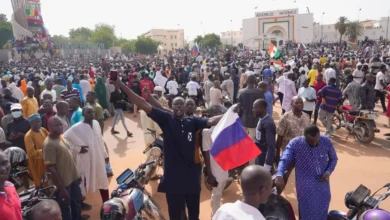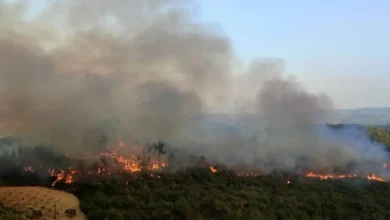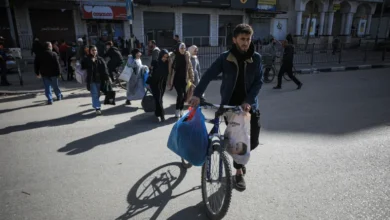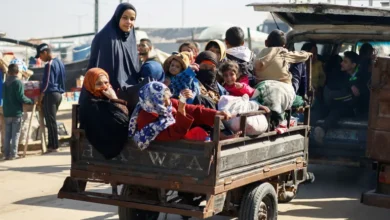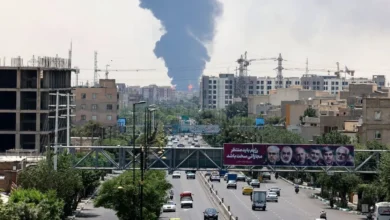Fire at illegal fuel depot kills 34 in Benin: Official
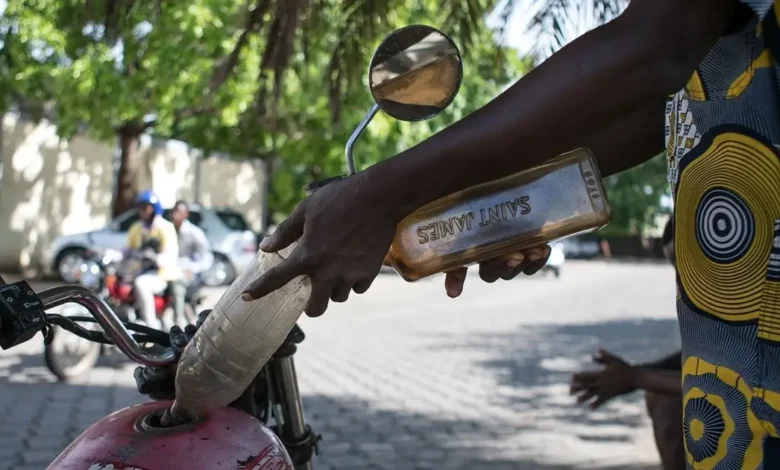
At least 34 people died in Benin near Nigeria’s border on Saturday when a contraband fuel depot exploded into flames, sending up a black cloud of smoke into the sky and leaving dozens of charred bodies at the site, a government official and residents said.
The blaze erupted at a warehouse for smuggled fuel in the southern Benin town of Seme Podji, where cars, motorbikes and tricycle taxis came to stock up on fuel, according to local residents.
Nigeria is a major oil producer and fuel smuggling is common inside the country and along its borders, with illegal refineries, fuel dumps and pipelines sometimes causing fires.
“I am still in shock. We heard people screaming for help. But the intensity of the flames was too much for people to try to approach,” said Innocent Sidokpohou, a local carpenter.
“I got gas for my motorbike to go do my shopping. I left and barely five meters away I heard an explosion. When I turned around it was all black smoke.”
Benin’s Interior Minister Alassane Seidou told reporters a serious fire had occurred in the town, but did not give details about exactly how it had happened.
“Unfortunately we have 34 deaths including two babies. Their bodies are charred because the cause of the fire is smuggled fuel,” the official said.
The minister said another 20 people were being treated in hospital, including some in serious condition.
“I live not far from the tragedy,” said Semevo Nounagnon, a local bike driver.
“I can’t really give you the cause of the fire, but there is a large gasoline warehouse here and cars, tricycles and motorcycles come from morning to evening.”
For decades, Nigeria’s low-cost subsidized gasoline was transported illegally by road to neighboring countries, primarily Benin, where it is resold on the black market by informal sellers.
When he come to office in May, Nigeria’s President Bola Ahmed Tinubu abandoned the long-standing subsidy meant to keep petrol prices artificially low for Nigerians.
The subsidy cost the government billions of dollars a year and Tinubu made it his first of a series of reforms aimed at revamping Nigeria’s economy and attracting more investment.
That decision caused a tripling in petrol prices in Nigeria, but also impacted the price of black-market fuel smuggled over the border into Benin and other countries.
Nigeria’s subsidy decision illustrated Benin’s deep economic dependence on its giant neighbor, with 215 million inhabitants, the continent’s largest economy and status as one of Africa’s top oil producers.

